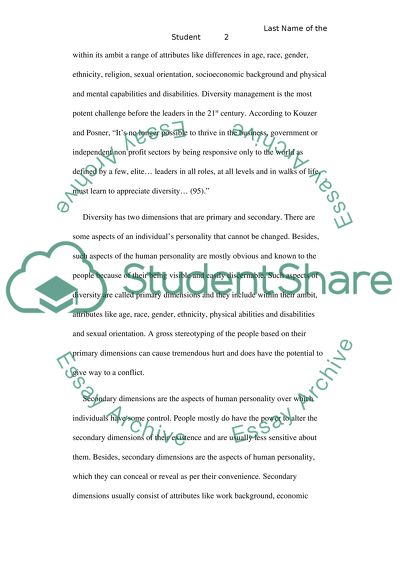Cite this document
(“Servant Leadership for Minorities Research Paper”, n.d.)
Servant Leadership for Minorities Research Paper. Retrieved from https://studentshare.org/culture/1500278-servant-leadership-for-minorities
Servant Leadership for Minorities Research Paper. Retrieved from https://studentshare.org/culture/1500278-servant-leadership-for-minorities
(Servant Leadership for Minorities Research Paper)
Servant Leadership for Minorities Research Paper. https://studentshare.org/culture/1500278-servant-leadership-for-minorities.
Servant Leadership for Minorities Research Paper. https://studentshare.org/culture/1500278-servant-leadership-for-minorities.
“Servant Leadership for Minorities Research Paper”, n.d. https://studentshare.org/culture/1500278-servant-leadership-for-minorities.


